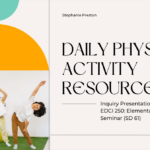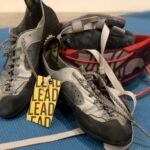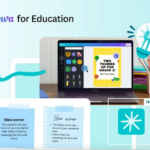For EDCI336 this week, we had a guest speaker, Jeff Hopkins and a mini-lesson combined with an activity. Jeff Hopkins is the founder of the Pacific School of Innovation and Inquiry (PSII). PSII is an independent high school, located in Victoria BC that primarily focuses on helping learners to develop unique inquiry pathways that act as the umbrella for projects and other learning activities. These activities comprise a learner’s personalized, interdisciplinary curriculum. They do this while keeping sticking to their core values: Open inquiry, co-construction, consilience, emergent curriculum, learning happens everywhere, learning vs learning about, and competency-based assessment.
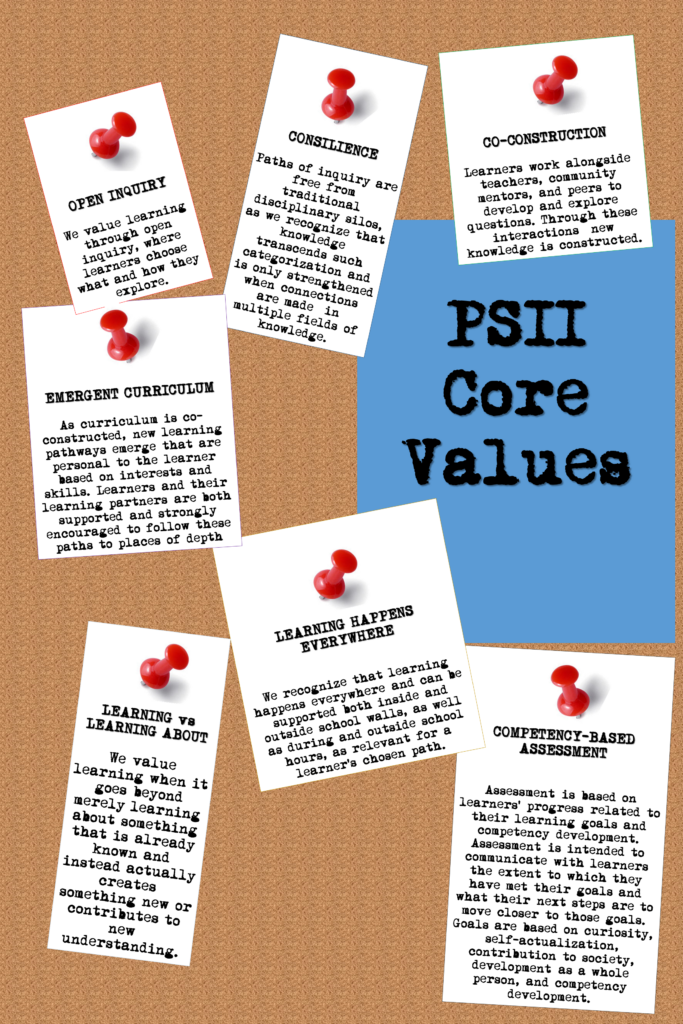
Jeff began the presentation with some book recommendations (scroll down) and research that support this innovative style of learning. Two of key concepts that drive the PSII curriculum that he brought forward were:
1) That emotional and cognitive parts of the brain are not separate. They work together for deep comprehension so that if emotion is not considered then learning doesn’t happen. Students at PSII who work on tasks that promote social change, benefit from a greater learning and understanding. – Researched by Richard Davidson
2) The plasticity of the neocortex and the ability to adapt to cognitive change. People can seem “stuck” due to habit, not ability and students that are labeled may feel as if they cannot adapt, when in truth, they can. – Researched by Karen Pope
These two notions support PSII’s learning approach of combining an emergent and a common curriculum with an emphasis on the emergent curriculum throughout a student’s personal inquiry process. This is opposite to the BC curriculum. PSII focuses on what the students are most interested in and builds the curriculum around them. One portion of the curriculum that is not in the BC curriculum at all is ecological literacy. Ecological literacy is the deep learning of the interconnectedness of things within a system. I feel that this is an important piece in understanding our world as well as the roles we can play in it. It’s a strategy that I have seen implemented by passionate teachers within BC public schools anyway because they see the benefits to their students.
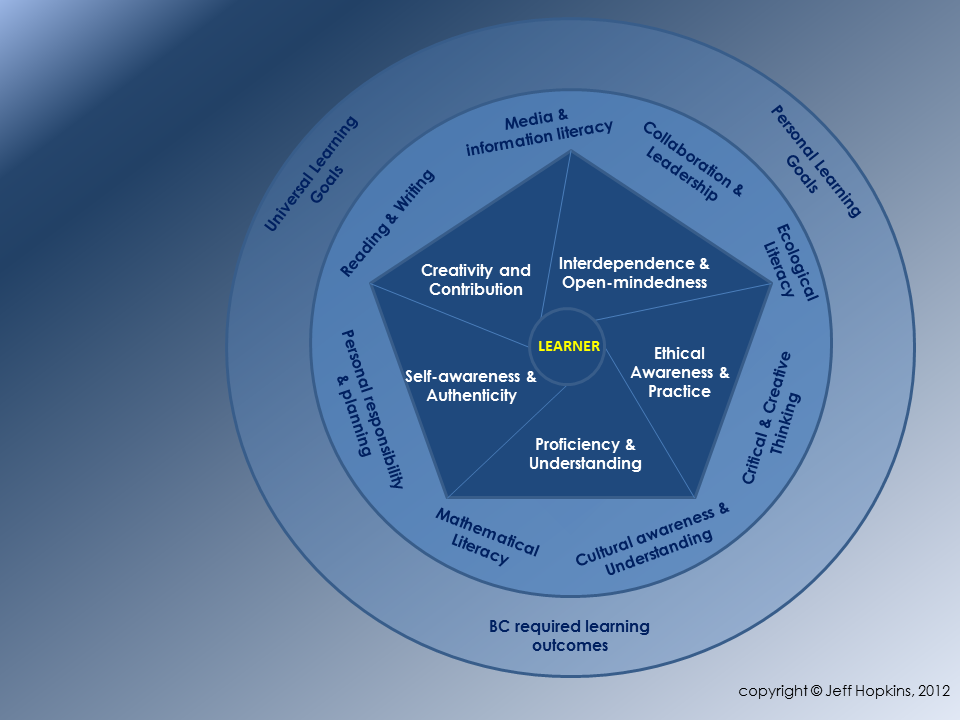
Throughout listening about PSII I couldn’t help but think back to the documentary “Most Likely to Succeed” and of High Tech High where the students took the lead in their own learning. In the documentary, the students were motivated to complete their projects because it was about something they were passionate about. After Jeff’s presentation, I feel the same could be seen at PSII.
Jeff’s Book Recommendations:
Social: Why Our Brains Are Wired To Connect by Matthew Lieberman
This book draws on scientific research that proves that learning is more effective when there is a social component/benefit.
Calm, Alert, and Learning by Stuart Shanker
Recent research tells us that one of the keys to student success is self-regulation – the ability to monitor and modify emotions, to focus or shift attention, to control impulses, to tolerate frustration or delay gratification. Shankar concludes that the ability to be calm, alert and self-regulated are important not only for learning, but for overall mental health too.

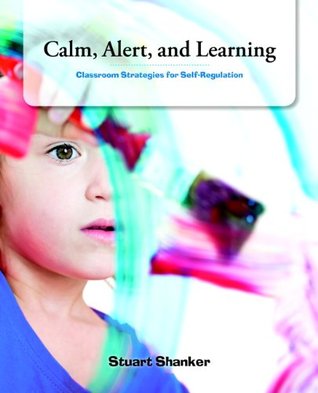
One Last Thing!
HyperDocs: HyperDocs are digital lessons that are fully customizable to meet the needs of learners and teachers. Where teachers give to teachers. It’s a free website that contains various resources (ex. lesson plans) for other teachers to use. I will certainly be utilizing this resource for my practicum.
Feature Image by Aaron Burden on Unsplash

